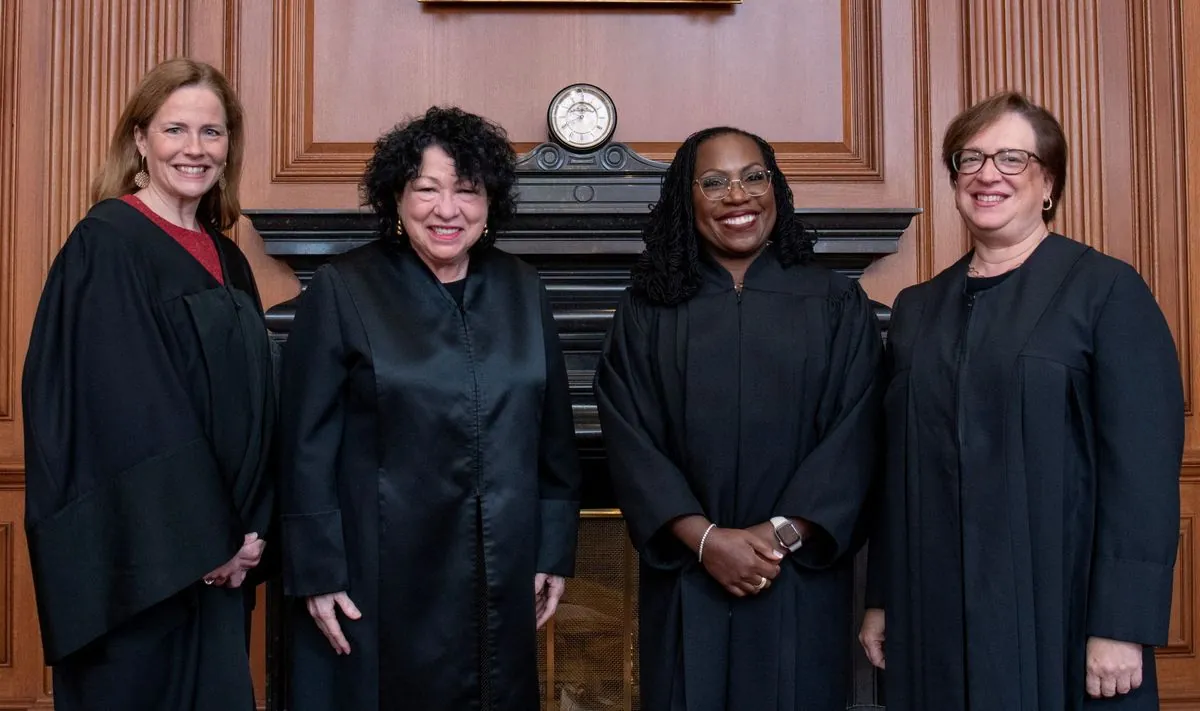Biden's Diverse Judicial Picks Reshape Federal Bench
President Biden's judicial appointments reflect unprecedented diversity, with nearly two-thirds being women and people of color. Judges share personal stories of inspiration and impact on the legal system.

President Biden's judicial appointments have significantly altered the composition of the federal bench, with a focus on diversity that is reshaping the judiciary. Of the 205 judges appointed during his term, approximately two-thirds are women and people of color, according to data from the Federal Judicial Center.
These appointments have led to numerous firsts in the federal court system. Judge Nancy L. Maldonado became the first Hispanic judge on the U.S. Court of Appeals for the 7th Circuit, while Justice Ketanji Brown Jackson made history as the first Black woman on the Supreme Court. These milestones come 96 years after the appointment of the first woman to a federal court and 87 years after the first African American federal judge.

The importance of representation in the judiciary is highlighted by the personal stories of Biden's appointees. Judge Rita F. Lin of the Northern District of California, who is partially deaf, kept a newspaper clipping about the first Chinese American justice on the California Supreme Court as inspiration. Judge Stephanie Dawkins Davis of the 6th Circuit was motivated by Thurgood Marshall's role in Brown v. Board of Education, a landmark case decided 70 years ago.
"I remember when I was very, very young, seeing pictures in Jet Magazine of Emmett Till's open casket, and then thinking to myself, 'the law really needs to do something about this. This has got to be illegal.'"
The push for diversity has faced criticism from conservatives who argue for colorblind selection processes. However, proponents contend that diversity and merit are not mutually exclusive. Judge Timothy K. Lewis, appointed by President George H.W. Bush, emphasizes the historical context of racism and segregation in the United States as a reason for considering diversity in appointments.
The impact of these diverse appointments extends beyond representation. Judge Jonathan J. C. Grey, one of 120 active Black federal judges, notes the personal reactions he receives from people who see themselves reflected in his position. This representation is particularly significant given that only 36% of active federal judges are women, according to the Federal Judicial Center.
As the federal judiciary continues to evolve, these appointments are seen as progress towards a more representative legal system. The diverse backgrounds and experiences of these judges are expected to bring new perspectives to the interpretation and application of law in the United States.


































